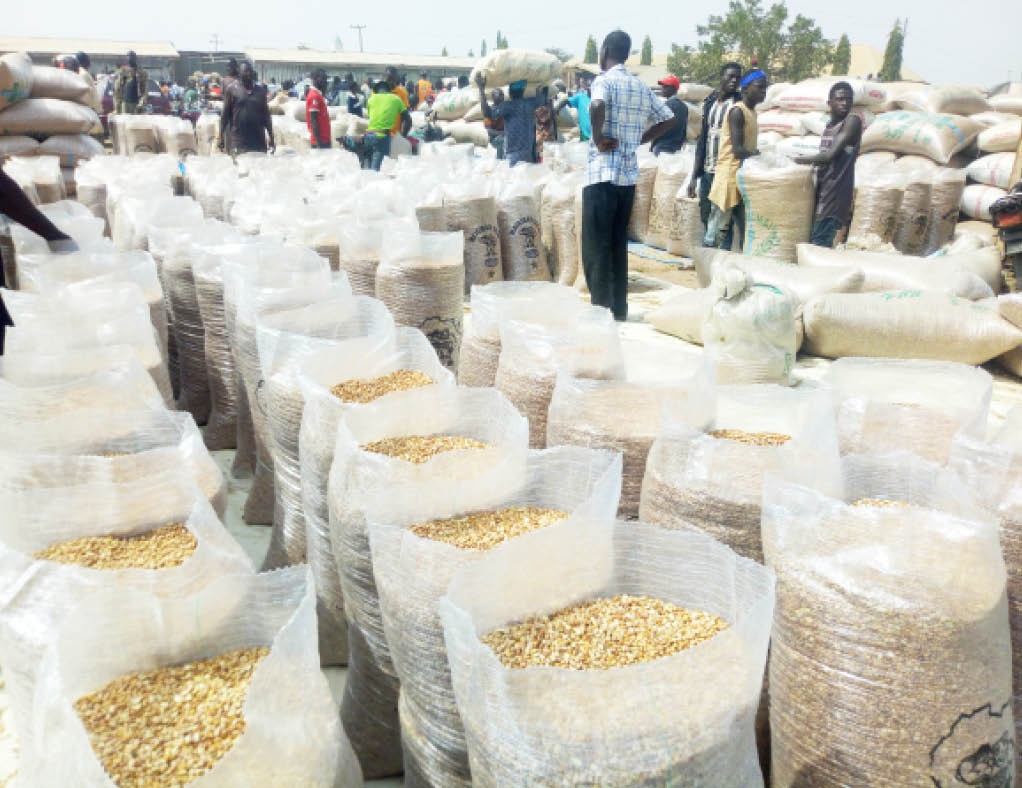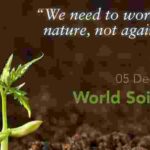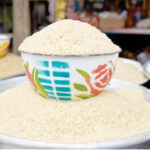The latest figures from the National Bureau of Statistics show that agriculture in Nigeria is in sore distress. The implication is that if nothing concrete is done soon to rescue this sector, what is happening now will be child’s play compared with the crisis that is looming around the corner. NBS said in its report on the second quarter of 2024 GDP that agriculture grew by a mere 1.4 per cent, from a similar low growth of 1.5 per cent recorded in the same quarter of last year. In other words, our food production actually regressed over the one year.
This is hardly surprising because today, Nigerians are hungry and there is really no sign that the hunger will soon end. There is hunger in the land because the process of producing food has been relegated to the background for too long
So, Nigerians are suddenly waking up to the reality that we cannot toy with agriculture. In the beginning, agriculture fed us. Agriculture earned us money at home and brought foreign reserves. We felt the pulse of the sector in the Nigerian economy of that time.
That Nigeria’s agriculture is in dire need of urgent rescue is no longer a dispute. Those who are old enough remember with relish the glorious days of abundant food in the country. That was when we had the groundnut pyramids; the cocoa bags, the oil palm drums, all of which demonstrated the strength of Nigeria and a future African giant with great potential.
- Group urges Gov Obaseki to apologise to Oba of Benin
- NEDC, NPC collaborate on out-of-school children in N/East
The latest ad hoc measure to import foods into the country, while necessary to save lives, must be seen as one policy that should not be allowed to continue for long. The inherent dangers are too dangerous than the government has perhaps factored into its permutations. Food importation is a veritable weapon in the hands of the enemy that the adversary can capitalise on and wreck a nation. So, the government must not see this just as an agricultural policy. It is at the same time a foreign policy, military/defence policy, as much as it is a trade policy.
Nigeria can depend on imports for machinery and equipment for industrial and other production functions, at least for a while. We can depend on imports for the flashy cars we buy and display so conspicuously. We can buy clothes from other countries. While all the above carry their dire consequences for the domestic producers and sectors, none is as risky as a dependence on food importation. Depending on food imports to feed a country’s hungry citizens renders that country highly vulnerable to external attacks, and even internal risk, as our current situation clearly shows.
Nigerians have found themselves in a situation where they are literarily counting off on their fingers when ships carrying the expected duty-free food and drug imports would berth at Nigerian ports. Tragically, this measure, framed as a short-term response (to the executed within a 150-day window) to an existential threat, could turn out to be a medium to long-term measure. It is not policy pronouncement that counts, it is the implementation. From comments being made about the presidential order, there are indications that necessary and unnecessary protocols, foreseen and unforeseen, could impede its implementation. In the meantime, the list of the hungry could be elongating.
It is no longer a fact that rich Nigerians are just importing those foods and drinks that distinguish them from the rest of the people, which would normally attract high tax rates, first as a way of raising revenue for the government, and secondly as a deterrent for others. The reason for this second point would be to discourage frivolous and ostentatious consumption and in doing that the potential consumers would be redirected to buy “Made-in-Nigeria” products and promote our industrial growth.
Unfortunately, “made-in-Nigeria” foods and medicines are in short supply, and trust economics or the market system, there is no magic that anyone, not even the government, can perform to stop the prices from reflecting the supply gap. This is the reason why we are in this quandary.
Unfortunately, neither food importation nor local production comes in cheap or easy in the political, social, and more importantly, economic, and environmental milieu that we have found ourselves in, as a nation. Local food production has long been compromised by the ascendancy of insecurity to the highest level and longest time stretch in the history of Nigeria. Our farmlands have been taken over by bandits, who now control the countryside and determine who goes there and does what.
Who did this to Nigeria and Nigerians, as we now ask ourselves? Was it external forces? Nobody did it to us. We did it to ourselves. The ‘We’ here refers to those to whom we as citizens surrendered our rights so they can speak and act on our behalf. When oil showed up in Nigeria, they cleverly shifted the field of play from agriculture to the glitter of oil.
Last week, I was in conversation with a young friend who operates in the oil and gas industry. I asked him how business was going in the industry. In response, he said, “It is one week, one scandal”. I responded that these scandals are so plenty because there is so much money in that sector. We abandoned agriculture, relegating it to the background. True, our concept of agriculture became that described by Chinua Achebe in his book, Things Fall Apart: men who were counted as real farmers would cross seven seas and hills to get to unchartered, fertile forests, unlike Okonkwo’s father, Unoka, who preferred the tired farmlands that no strength to clear.
In the process, our successive governments failed to plan for agriculture in a coherent manner that could ensure sustainability. This is the reason we are where we are not. The bandits have taken over the fertile lands, and Nigerians are paying the price for it. That price is hunger.

 Join Daily Trust WhatsApp Community For Quick Access To News and Happenings Around You.
Join Daily Trust WhatsApp Community For Quick Access To News and Happenings Around You.


